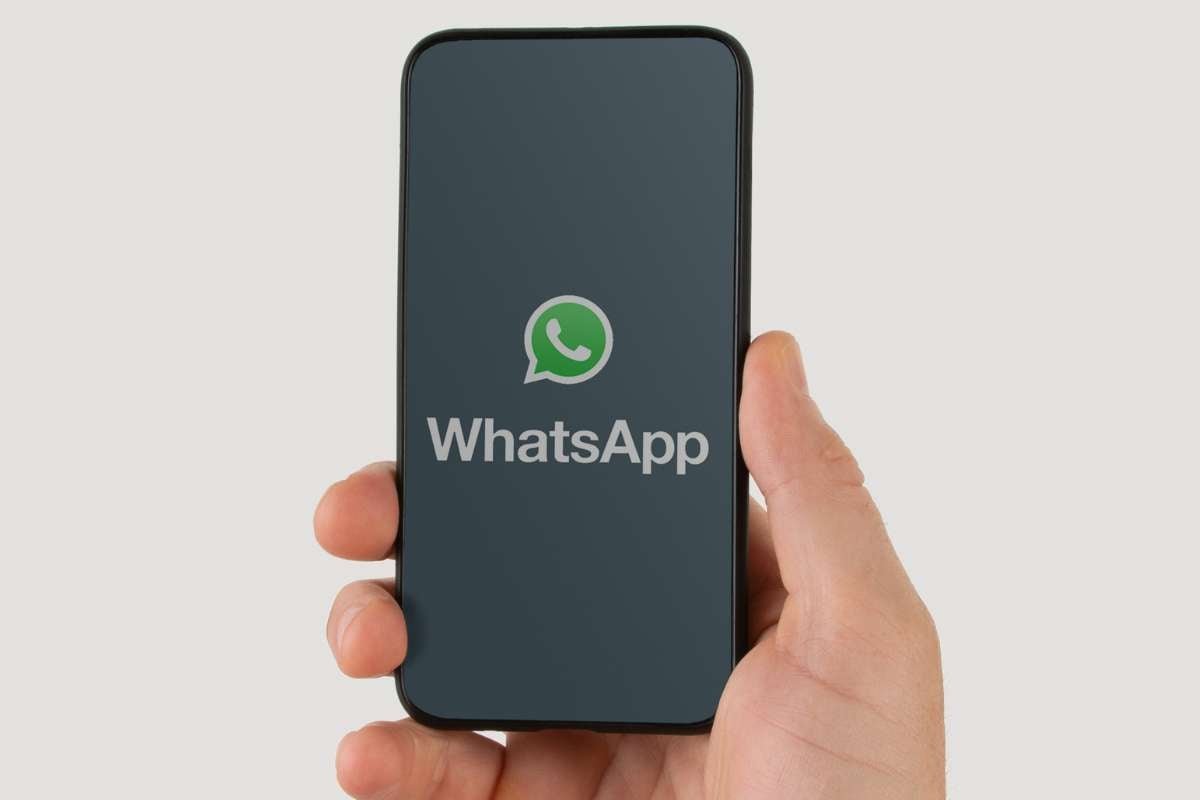
OTT communication applications such as WhatsApp and Telegram are likely to be put under regulation in India. This would happen after a long-standing request of the telecom players that to create a level playing field; the OTT communication apps should also be brought under regulation. The new telecom draft bill is going to be introduced by the government in the monsoon session of the Parliament later this year. According to an ET report, the new telecom bill will address several things and issues, such as the possible dilution of the powers of the Telecom Regulatory Authority of India (TRAI) and more.
The report added that the draft would also focus on bringing light-touch regulations for the OTT communication players such as Signal and WhatsApp. This would be done from the perspective of national security and consumer safety and not from the viewpoint of generating additional revenues.
Read More - COAI’s Demand for Revenue Sharing an Attempt to Violate Net Neutrality: IAMAI
The tech industry is not in favour of bringing regulations for OTT players. The details of how apps such as WhatsApp and Signal would be regulated and how it would affect the consumers would only be known once the contents of the bill are shared. The monsoon parliament is generally conducted in the July-August period.
The revised draft of the telecom bill has already been prepared and is expected to be out soon. It is uncertain whether the government would again put the revised draft under public consultations. The new bill seeks to replace three existing laws when it is passed - a) Indian Telegraphy Act, 1885; b) Indian Wireless Telegraphy Act, 1933; c) Telegraph Wires (unlawful possession) Act, 1950.
One thing that the report added is that even when the OTT communication apps are brought under regulation, they won't have to pay statutory dues the way the telecom service providers (TSPs) have to pay. OTT apps don't buy spectrum from the government, and thus the regulation won't be focused on getting revenues from them but on ensuring that national security is intact and consumer safety is maintained.















